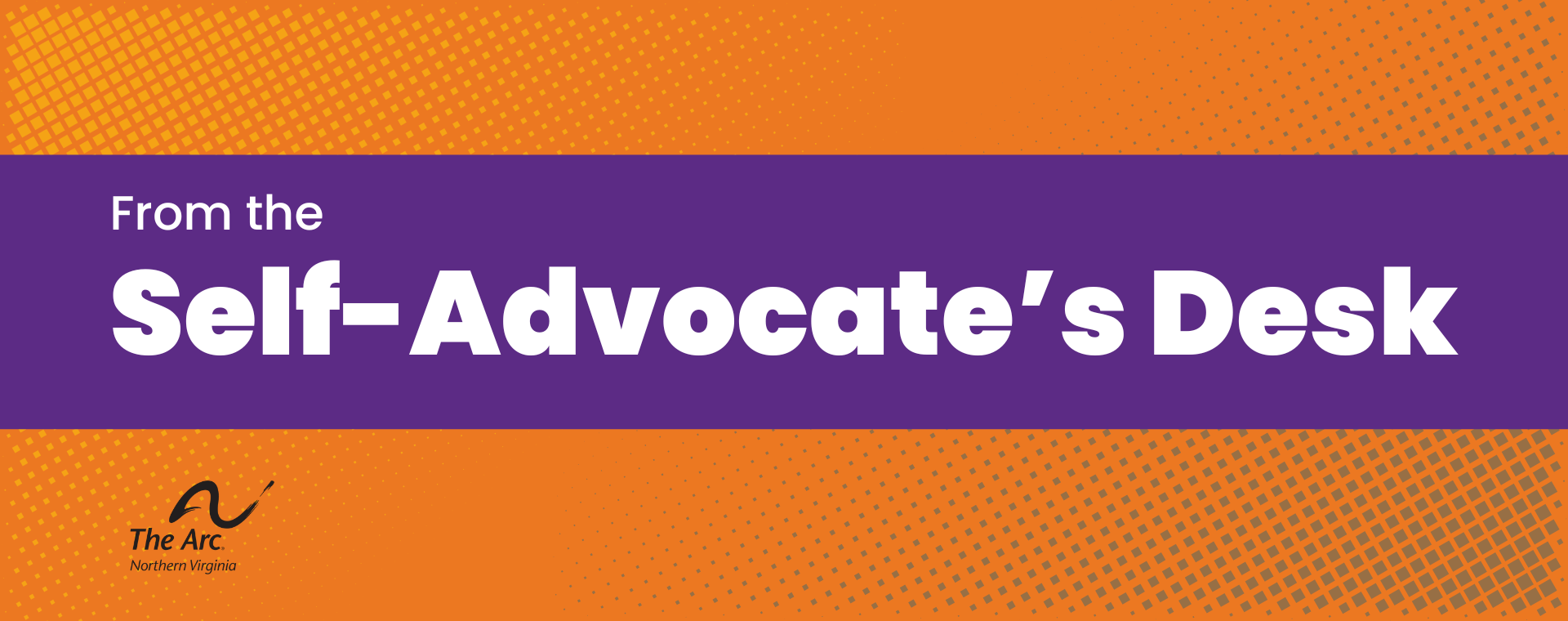Introduction: Why This Matters
Recent developments within the U.S. Department of Education have raised profound questions about the future of the Office of Special Education and Rehabilitative Services (OSERS) and the Individuals with Disabilities Education Act (IDEA). OSERS, as the federal entity responsible for ensuring that students with disabilities receive equitable access to educational resources and supports, serves as a linchpin for inclusive education. IDEA, meanwhile, guarantees every child the right to a free and appropriate public education, ensuring that students with disabilities can learn and thrive alongside their peers.
For neurodivergent individuals like myself, these proposed changes are far more than abstract policy adjustments; they carry tangible implications for the daily lives of students, families, and communities. Understanding the impact requires situating these decisions within both local and personal contexts.
The Importance of OSERS and IDEA
OSERS and IDEA together establish a framework that holds schools accountable, mandates individualized support, and promotes inclusive practices. They are essential not only for ensuring access, but for affirming the educational potential of students with disabilities. The protections and structures these laws provide have historically transformed educational outcomes, particularly for those navigating complex learning, cognitive, or physical challenges.
Yet, these frameworks are only as effective as the enforcement and oversight that accompany them. When federal oversight is weakened or funding priorities shift, the consequences reverberate down to local school districts, educators, and most importantly, the students themselves.
Lived Experience: A Personal Perspective on Local Impacts
My concerns about these changes are deeply personal. While living in Michigan from 2009 to 2011, I vividly remember the three years my mother had to drive me across county lines to secure the education I needed. Even though we lived in one of the wealthiest counties in the state, accessing appropriate services was not automatic; it required persistent advocacy, time, and significant logistical effort.
This experience underscores a critical reality: even within well-resourced areas, systemic gaps exist. Policy shifts at the federal or state level can create new barriers or exacerbate existing inequities, leaving students and families to navigate increasingly complex educational landscapes. Legislation is not abstract; its effects are felt in daily routines, in the allocation of resources, and in the very opportunities afforded to children with disabilities.
Potential Implications of Proposed Changes
The discussions currently unfolding around OSERS and the IDEA could manifest in several concrete ways:
- Reduced Oversight: A diminished role for OSERS could lead to less rigorous enforcement of IDEA mandates, leaving local districts with insufficient guidance or accountability.
- Resource Disparities: Changes in funding allocation or regulatory priorities could amplify inequities, with some students receiving robust support while others face gaps in services.
- Alterations to Individualized Supports: Modifications to IDEA may impact the development and implementation of Individualized Education Programs (IEPs), undermining the tailored approaches that many students rely upon to succeed academically and socially.
The Broader Significance
These potential changes carry implications that extend beyond the immediate educational environment. They intersect with issues of equity, civil rights, and social inclusion. Weakening federal oversight or reshaping policy risks compromising the foundational protections that ensure students with disabilities can access education on equal footing with their peers. For neurodivergent individuals and other students with disabilities, the stakes are high: the difference between support and neglect can shape life trajectories in profound and lasting ways.
Call to Action
It is imperative that we, as advocates, parents, educators, and community members, engage proactively in this discourse. Participating in public comment periods, consulting with local and state education officials, and amplifying lived experiences are critical strategies to ensure that OSERS and IDEA remain robust and effective. Collective advocacy can safeguard the integrity of these programs, ensuring that federal policy continues to reflect both the legal and moral obligations we hold toward students with disabilities.
Conclusion: Shaping the Future of Inclusive Education
The proposed changes to OSERS and IDEA represent a pivotal moment in the landscape of special education. By reflecting on their significance, sharing personal experiences, and engaging in thoughtful advocacy, we can work toward a future in which all students; regardless of neurodivergence or disability, have equitable access to the education and support they need to thrive. The choices made today will shape not only educational policy, but the lived realities of students and families for years to come.
Thank you for taking the time to read and reflect on these important issues. Your attention, support, and advocacy help ensure that students with disabilities, neurodivergent or otherwise, have the opportunities, resources, and protections they deserve. Every voice matters in shaping a more inclusive and equitable educational landscape.
“Every student deserves the opportunity to thrive; our advocacy today shapes the classrooms of tomorrow.”
Ian Allan
Self-Advocate for The Arc of Northern Virginia
Ian Allan is a self-advocate with a deep commitment to policy literacy, systems change, and disability justice. Through The Arc of Northern Virginia, he works to ensure that people with intellectual and developmental disabilities are not merely served by systems, but are actively shaping them.

